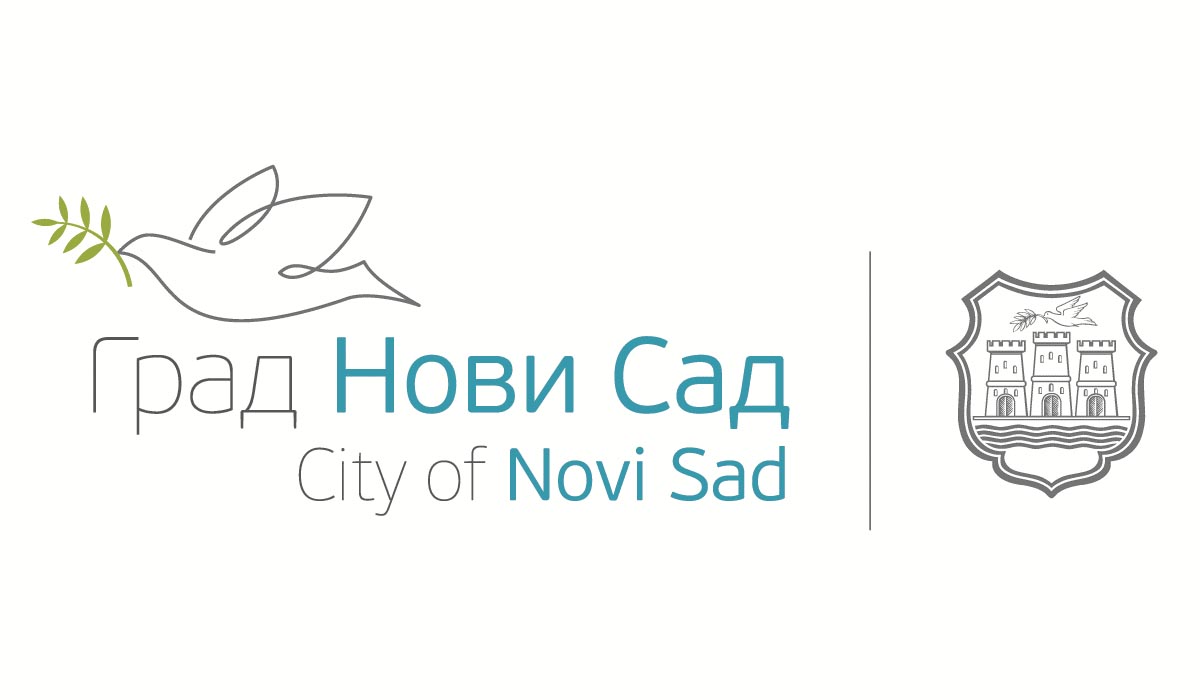MUNICIPAL REGULATION OF ENTERTAINMENT IN INTERWAR BELGRADE
DOI:
https://doi.org/10.19090/i.2013.24.417-426Keywords:
entertainment, popular culture, 1920s, 1930s, urban life, Belgrade City AuthorityAbstract
Between the two World Wars, and especially after 1929, the state’s Belgrade City Authority was held to the task of policing the Yugoslav capital. Entertainment was an easy target of surveillance because popular imagination linked it with a slew of illegal activities such as gambling and prostitution. I argue that the urban administration played a significant role in defining and redefining the place of entertainment in Yugoslavia and its capital though the management of time, movement, and spatial use. The City Authority interpreted and implemented state agendas through the management of closing times, entertainers’ residence permits, and public behavior. Regulation, however, did not succeed in controlling proprietors, performers, or patrons in the city; instead, it was oftentimes only successful at tempering the visibility of entertainment itself. I demonstrate that municipal regulation of entertainment in interwar Belgrade was largely ineffective due to its inconsistent implementation and resistance from the urban classes.Downloads
Download data is not yet available.
Downloads
Published
20. 05. 2016.
How to Cite
Babović, J. (2016). MUNICIPAL REGULATION OF ENTERTAINMENT IN INTERWAR BELGRADE. ISTRAŽIVANJA, Јournal of Historical Researches, (24), 417–426. https://doi.org/10.19090/i.2013.24.417-426
Issue
Section
Articles













